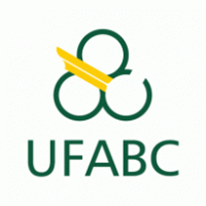Second Nature has recently released Education for Climate Neutrality and Sustainability: Guidance for ACUPCC Institutions, a document created to assist American College and University Presidents’ Climate Commitment (ACUPCC) signatory schools in implementing the educational component of the commitment. I am writing to provide you with a copy of this document (see link above) and to thank you for your invaluable contribution of a useful resource for education for climate neutrality and sustainability, as noted in the Resources section of the document, p. 43 – 50.
ACUPCC signatories recognize that providing sustainability education to the leaders of tomorrow, so that they can develop ongoing solutions to the threat of significant climate disruption, is as important as, and a necessary component of, eliminating their school’s contribution to global warming pollution. To that end, they have committed to take “actions to make climate neutrality and sustainability a part of the curriculum and other educational experience for all students.”
Many colleges and universities are realizing the importance of sustainability education. This aspect of campus sustainability has the most far-reaching impacts, yet it is also the most challenging aspect of advancing sustainability in higher education. Higher education plays a unique and critical role, one often overlooked, in making a healthy, just and sustainable society and a stable climate a reality. It prepares most of the professionals who develop, lead, manage, teach, work in, and influence society’s institutions, including the most basic foundation of K-12 education. It is largely responsible for developing the conceptual models of society’s leaders and professionals that have, unwittingly, led to the unsustainable situation in which society finds itself.
Your resource will provide helpful guidance to colleges and universities in providing sustainability education to all students and in creating the conceptual models for society that will lead us to a sustainable world.


